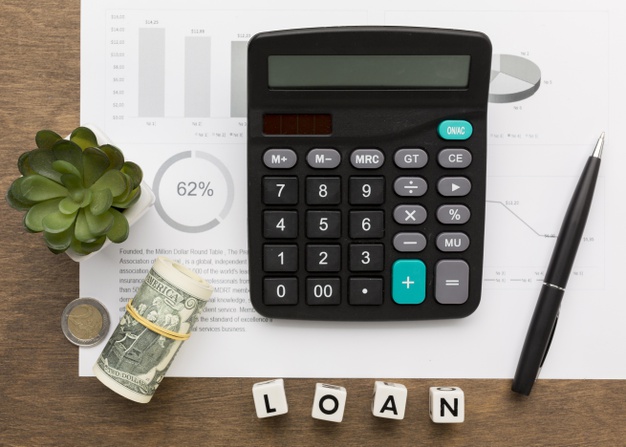DON’T TRUST THE BANK
What’s a debt-to-income ratio?
When applying for any sort of loan you will probably hear the term “debt-to-income ratio” mentioned more than once. Lenders don’t necessarily set out to make this a mysterious term, but they use it so often than many times they don’t think to explain it to the borrowers. Your debt-to-income ratio tells the lender how much of your monthly income is tied up with recurring financial obligations. Lenders use this ratio to tell them if you are in a financial position to take on more debt. Figuring out your debt-to-income ratio is quite simple. First, figure out the total monthly amount of all your recurring bills. Car loans, student loans, and credit card payments are the sorts of things you should include here. Don’t include rent because they are looking for your debt-to-income ratio as it will relate to a new mortgage payment, not how it
looks right now. After totaling up all your monthly obligations, subtract this sum from your total monthly income. You can generally use your pre-tax income since that is how most lenders look at the ratios. Take this new number and divide it by your monthly income. This gives you your debt-to-income ratio.
For example, a person who makes $5000 a month and has $2500 in monthly debt will have a debt-to-income ratio of .5, or 50%. Incidentally, this is a pretty high ratio and most credible lenders would not write a mortgage in this instance. 35% debt-to-income ratio is usually the highest “A” lenders like to see. “A” lenders are those who have low interest rates and who also do not charge many junk fees. If at all possible, you should attempt to get a mortgage through this sort of lender; it will save you a lot of money in the long run.
Each lender has its own acceptable ratios.
As a general rule, the credibility of the lender will define what sort of debt-to-income ratio they will accept. Lenders who are the most well regarded and who are able to offer attractive interest rates without tacking on ridiculous fees and penalties tend to lean more towards borrowers who have low debt-to-income ratios. Unscrupulous lenders, those who have terribly high interest rates and who hit their borrowers up with penalties and fees on a regular basis, are generally much less concerned about a potential borrower’s debt-to-income ratio. Unscrupulous lenders are simply out to get as many mortgages as they can, and therefore will accept borrowers who probably shouldn’t be buying a home to begin with due to high monthly bills or a seriously bad credit history. As a general rule, if a credit union or bank turns
down a borrower for valid reasons but a relatively unknown lender leaps at the chance to finance a mortgage for the same borrower then it may be that the lender is hoping to charge excessive interest rates and otherwise unnecessary fees.
They don’t know all your monthly obligations.
When mortgage lenders look at your debt-to-income ratio all they usually see are the monthly payments, which show up on your credit report. They may ask for additional information such as any child support payments you’re making, but most lenders simply assume that utilities and such do not represent a huge dent in your monthly paycheck. Now take into account all the things you pay for on a monthly basis: phone bill, cable bill, electricity, car insurance, groceries, and anything else you shell out your hard earned money for. When you take all these items into account it should become obvious to you that even if the bank joyfully declares you financially ready to purchase a home you really need to sit down and make a budget, which includes all your current financial obligations in addition to a proposed mortgage payment.
If you simply can’t make the numbers work then that is a pretty good indicator that you either need to wait a while to purchase a home or instead look towards a lower price range (and thus a lower monthly payment). Naturally it can be hard to have a lender tell you that they’re ready to loan you $200k for a home but then you realize that the most you can manage is $130k. Don’t let the bank decide your financial fate though; you will more than likely regret it later when you find yourself consistently lacking the money you need to pay your bills.

